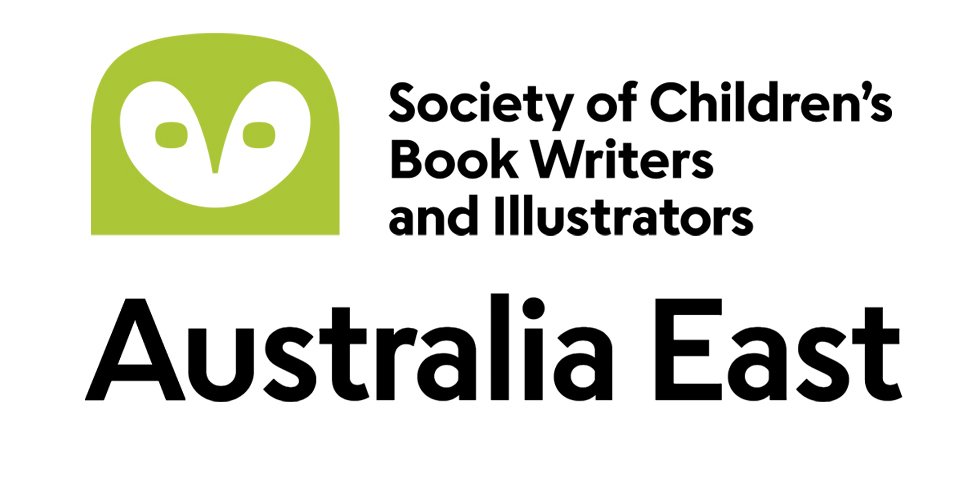Tara Weikum delivering her Keynote Address
The state of the market for illustrators and authors with Tara Weikum, Vice President of HarperCollins USA.
The SCBWI delegates were very excited to welcome Tara Weikum to the stage. She is the vice-president of Harper Collins USA, as well as editorial director of HC children’s books. She has worked in publishing for over 20 years and publishes middle grade and YA (teen).
Tara told us that Harper Collins is the second biggest publisher of children’s books. They publish about 500 books a year including backlists and are celebrating 200 years of publishing this year.
Tara’s team of six people publish 10-15 books a year. Her passion has always been for YA.
She shared some of her favourites. For example, ‘Big Mouth Ugly Girl‘ by Joyce Carol Oates, ‘Inside Out and Back Again’ by Thanhha Lai, and showed us the covers of other junior fiction and teen fiction.
A few years ago Tara said she only had a few middle grade on her list. However, in 1996, the National Book Foundation began a category for teens. Now just about every publisher in the states has a category just for teens. YA had been very popular but there has been a tipping point and middle grade began making new ground. For example, ‘The One and Only Ivan’ has sold over 1 million copies. It was on the bookseller list before it won awards. Tara didn’t publish Ivan but is working with Kathryn on a new series in 2018.
Several factors have helped improve sales for children’s books.
- The Times began a children’s book list and there are now six lists. It enabled the children’s list to become more competitive.
- There has also been teen movies adapted from books which has resulted in lots more sales.
- Social media also promotes books and enables authors to promote to their target audience.
During the years there was a downfall in selling children’s books, some booksellers blamed Amazon for the fall out in bookstores. Just recently, however, Amazon set up stores in America. E-books sales were also blamed, but recently there has been a downfall in this market. Based on research e-books peaked in 2014. Some books sell well in e-books, but now e-books are not so cheap. There is also screen fatigue, a lot of people like holding a book in their hands. Tara said they still expect to see some growth with ebooks but not like it has been.
Inspiring
We were all interested to know what was the biggest trend and groaned when Tara said colouring books are still selling extremely well. They are even selling colouring-in books to go with children’s books. We perked up when she said highly illustrated books such as The Dork Diaries and graphic novels are bestsellers, as well as novels and non-fiction with girls as main characters. Also books about science and computer coding. In 2014 people tweeted on the Internet about the lack of diversity in children’s books. Since then a hashtag and a formal organisation are addressing that issue and more diversity books are being published.
We Need Diverse Books #weneeddiversebooks
Tara ended with the following wise words. “Don’t follow trends". It’s a good idea to read outside of your area, even if you are not writing those books.”
Someone from the audience asked whether American publishers were interested in publishing Australian stories. Tara answered that most publishers in the States only work with agents. There are hundreds of agents in the States. Agents are keen to take a chance with Australian authors, but there is a barrier if something doesn’t feel American. It depends if the humour and characters etc cross-over.
Maria Gill Roving Reporter
#SCBWISyd





